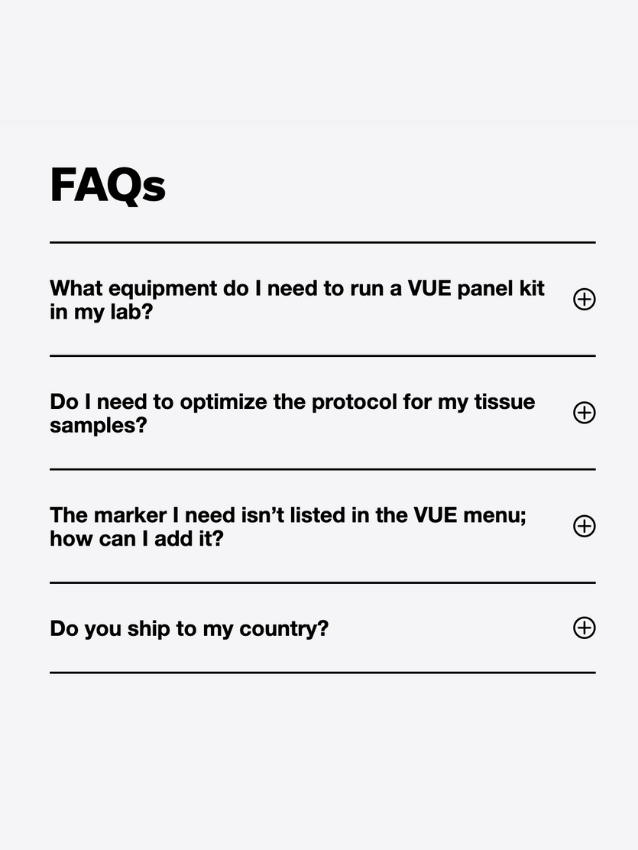- Solutions
- Resources
- About
- Company Overview
-
-
- Overview
-
Through ultrasensitive InSituPlex® assays and advanced, AI-driven spatial analysis, Ultivue empowers scientists developing precision cancer therapies…
Take your biomarker strategies to the next level. Download the OmniVUE™ Brochure
-
-
-
- News and Events
-
-
-
Press Release
-
-
- Partners
-
-
- Become a Partner
-
Lorem ipsum dolor sit amet, consectetur adipisci elit sed diam nonummy nibh euismod tincidunt ut laoreet dolore.
-
-
-
- Work With Us
-
-
- Careers
-
Why work for Ultivue? We believe that our Human Capital is our most valuable investment and continuously strive towards improvement in our engagement…
-
-
-
- Company Overview
- CONTACT
- Contact
- Login




















